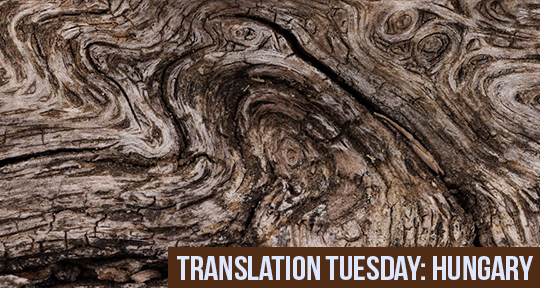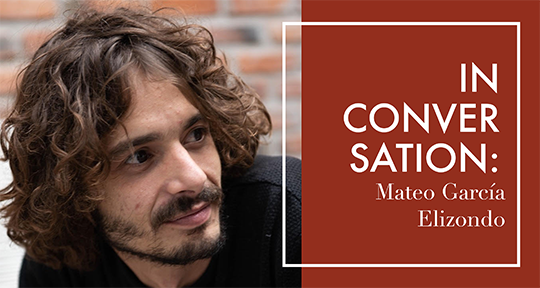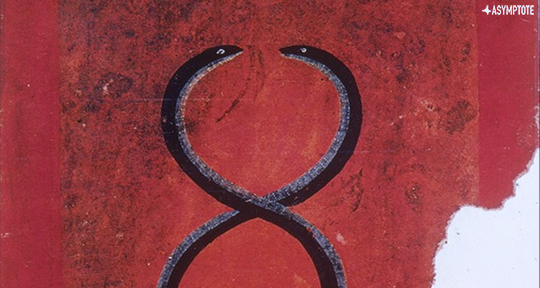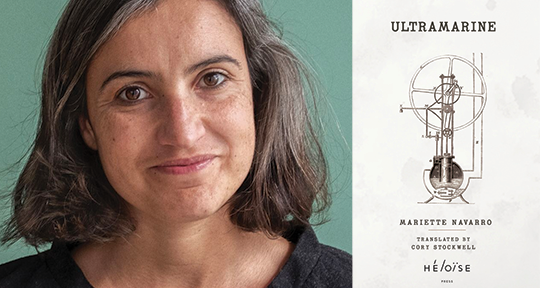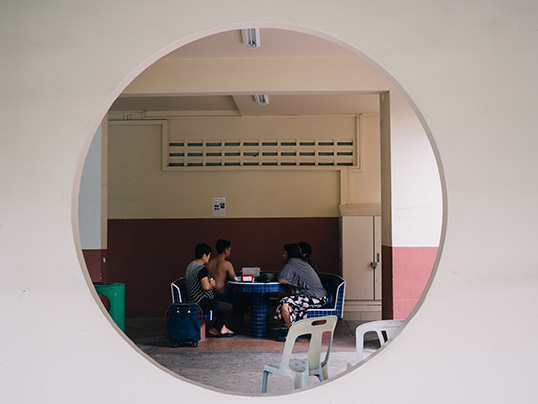I first came across Mateo García Elizondo in the 2021 Granta issue featuring the Best of Young Spanish-Language Novelists; the compilation included his short story ‘Capsule’, about a man subjected to life-long, unbearable suffering in an absurd, dystopian penitentiary system. Struggling to find their way in unwelcoming environments, from outer space to the famously liminal city of Tijuana, García Elizondo’s characters are often those who are marginalised, those we don’t even bother taking pity in, those who quietly tell their story while the world refuses to listen. With empathy but without sentimentality, García Elizondo grants the reader a privileged insight in the mind of his protagonists.
How to escape the eternal, unbearable present is one of the questions guiding the protagonist in García Elizondo’s 2019 debut novel, evocatively titled Una cita con la Lady, which follows a drug addict who is ready to leave the world of the living behind. Tired of losing and hoping never to return, he travels to his final destination, the small village of El Zapotal, accompanied by the last of his opium and heroin stash. The novel explores the blurred and unidentifiable boundaries between life and death, and as the protagonist wanders through the village, unresolved heartbreak from the past imposes itself, complicating the execution of his ultimate project. Awarded the City of Barcelona Award and previously translated into Greek, Arabic, Italian, French and Portuguese, Una cita con la Lady was published in June 2024 as Last Date in El Zapotal, in the translation of Robin Myers and from the Edinburgh-based Charco Press.
It was a pleasure to talk to Mateo García Elizondo, who is a big fan of Asymptote himself. Our conversation ranged across literature, screenwriting, meditation, the richness of the Spanish language, influences, and the privilege to work on non-commissioned projects.
Elisabeth Goemans (EG): Congratulations on the English translation of your novel, Last Date in El Zapotal. It’s not the first time you have been translated.
Mateo Garcia Elizondo (MGE): Thank you. Yes, the novel has been translated into various languages now, but the only ones I have been able to read are the French, English, and Italian—as well as the Portuguese version that came out not long ago.
EG: How is your relationship with Robin Myers, your English translator?
MGE: Well, with the French and the English translation I could meddle a little bit more with the translation, and it was a great pleasure to do that with Robin. I mean, Robin does all the heavy lifting, but I always tell her what I like. Sometimes she accepts my suggestions, other times she does not. And I always trust the translator. READ MORE…

